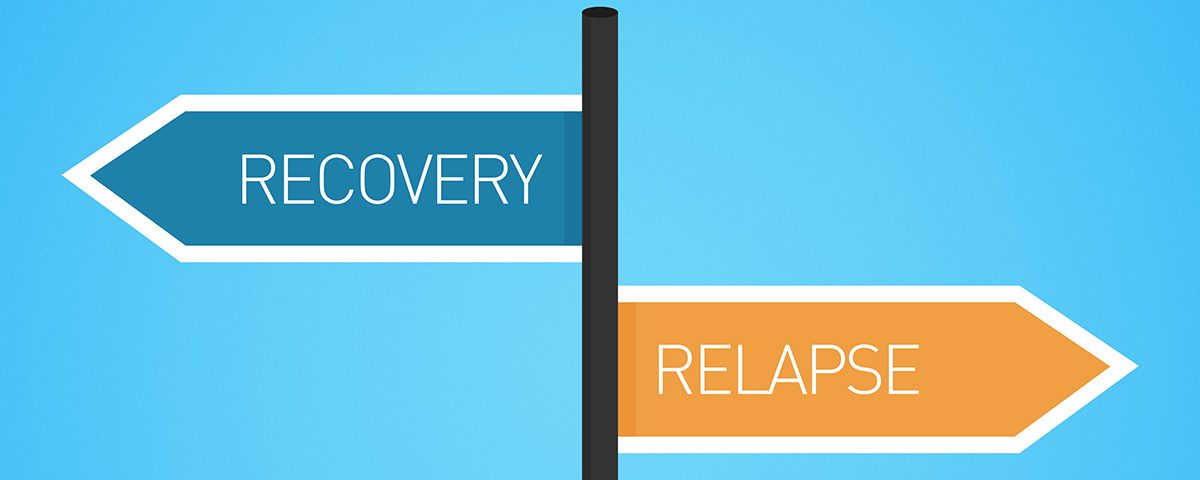Cognitive-behavioral therapy strategies for relapse prevention provide hope to many recovering addicts. For anyone associated with the recovery community, it’s easy to see why.
Relapse occurs when a person falls back into an addictive lifestyle after a time of abstinence. A relapse can be short or long term. Serious incidents of relapse may require further addiction treatment, which can come at a substantial psychological and financial cost. Relapse is the last thing a recovering addict wants in his or her life.
 Relapse: The Main Concern for Recovering Addicts
Relapse: The Main Concern for Recovering Addicts
The fear of a relapse occurring is not an unfounded one. The National Institute on Drug Abuse, a federally-funded addiction research center, estimates relapse occurs for approximately 40–60% of recovering addicts.
Relapse prevention is designed to lessen the chances that a person will relapse, and to limit the amount of time an individual is out of treatment after a relapse.
One model of addiction states that people who suffer from addiction have developed unhealthy coping strategies for negative emotions in their life. During relapse, an individual may feel many strong emotions, including:
- Depression
- Guilt
- Self-loathing
- Anxiety
- Futility regarding his or her recovery
While these emotions are powerful, like all emotions, they are temporary. Cognitive behavioral therapy can help clients develop the necessary skills to deal with powerful emotions until they pass.
How Relapse Prevention Works for Clients
Relapse prevention is designed to help addicts:
- Develop a sustainable frame of mind towards their actions without excessive guilt or anxiety
- Identify problem situations and behaviors that trigger addiction
- Overcome those situations without relapsing
Because everyone’s triggers for drug use are different, relapse prevention coping strategies will differ from person to person. Some clients may have the ability to walk into a bar while in recovery and order a Coke, knowing that they won’t be triggered to use. On the other hand, some clients may have to voluntarily limit many of their own freedoms, especially in the beginning of treatment when their coping skills are less developed.
A new technique in the world of relapse prevention involves using the Buddhist practice of mindfulness to avoid relapse. As is the case with traditional cognitive-behavioral approaches, the practice of mindfulness helps people retrain their brains to create distance from the emotions of the moment.
Relapse Prevention: Behavioral Treatment for a Chronic Disease
Because addiction is a chronic disease, treatment of addiction often involves lifelong intentional effort and the changing of the behaviors that fuel addiction. The more time spent in active treatment, the more practiced you become with the techniques of relapse prevention. As a result, the more you will loosen addiction’s hold on your life.
If you need addiction treatment, Banyan Treatment Center can help. Whether or not it’s your first time in treatment isn’t important. Call Banyan Treatment Center today to learn about how you can develop the skills to beat addiction for the long term.









